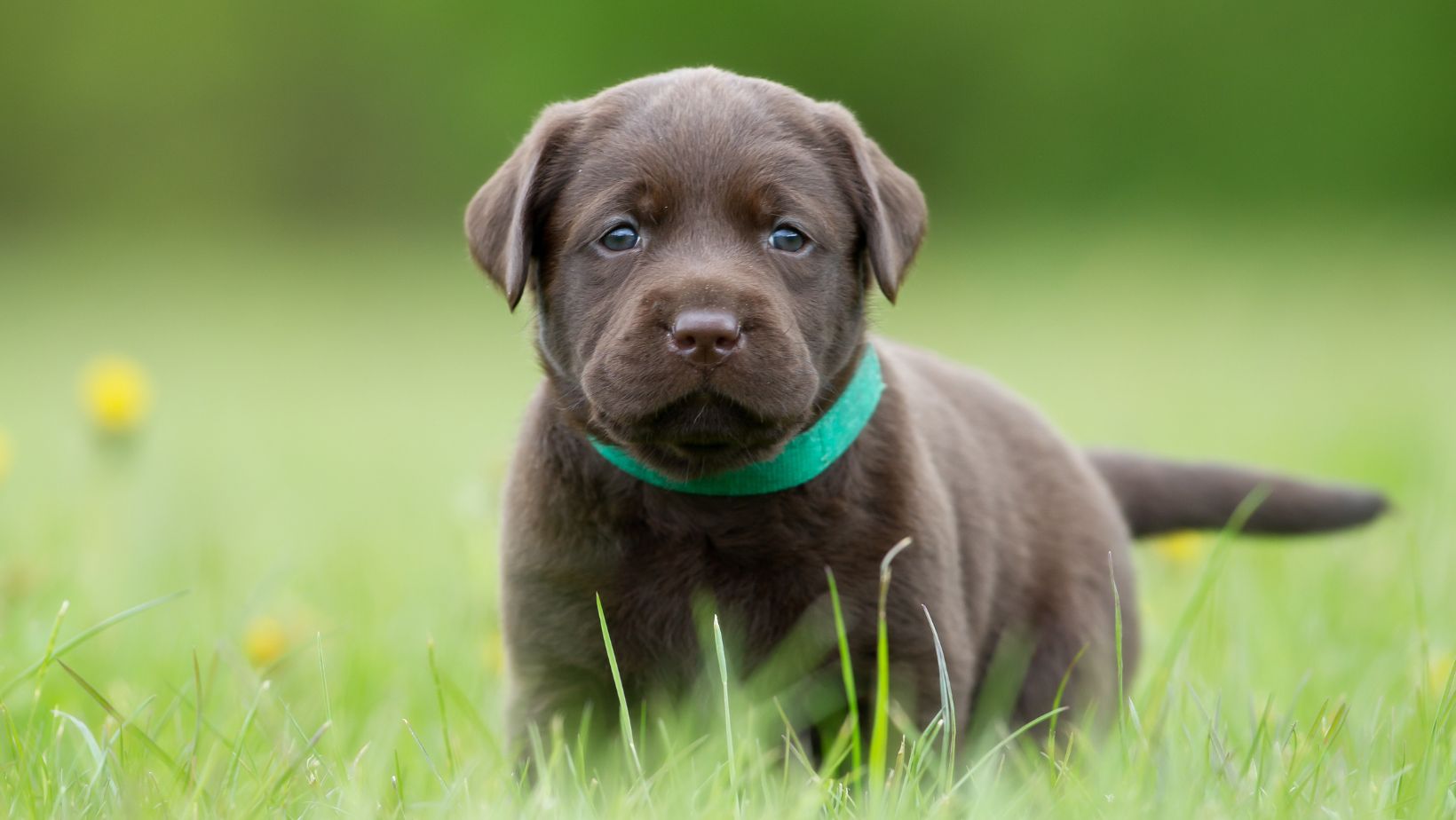How to Stop Dog from Biting When Touching Paws
Are you having trouble with your Labrador biting when you try to touch their paws? Don’t worry, I’ve got some helpful tips for you on how to stop your dog from biting when touching their paws safely. It’s important to establish trust and create positive associations with paw handling to avoid any aggressive behavior. Let’s dive in!
Firstly, it’s essential to desensitise your Labrador to touch by gradually introducing them to paw handling. Start by offering treats and praise while gently touching other parts of their body, such as the back or ears. Once they are comfortable with this, slowly move towards their paws, rewarding them for calm behavior.
Next, take small steps towards actually touching their paws. Begin by placing your hand near their paw without making direct contact. Reward them for remaining calm and relaxed during this process. Gradually progress by lightly touching the fur around the paw and gradually moving closer to the actual toes.
If your Labrador shows signs of discomfort or attempts to bite, it’s crucial not to punish or scold them. Instead, remain patient and redirect their focus using positive reinforcement techniques like treats or toys. Remember that consistency is key – practice these exercises regularly in short sessions until your dog becomes comfortable with having their paws touched.
By following these steps and being patient and consistent in your training efforts, you can help prevent your Labrador from biting when touching their paws. Always prioritise safety and ensure a positive experience for both you and your furry friend throughout the process.

Why Labradors Bite When Their Paws Are Touched
Labradors, like any other dogs, may exhibit biting behavior when their paws are touched. This can be a frustrating and concerning issue for owners who want to safely handle their pets’ paws. Understanding the reasons behind this behavior is crucial in order to address it effectively. Here are a few possible explanations:
- Protective Instincts: Labradors have an innate instinct to protect themselves when they feel threatened or uncomfortable. Touching their sensitive paws may trigger this protective response, leading them to bite as a means of self-defence.
- Pain or Discomfort: It’s important to consider that paw sensitivity could be due to underlying pain or discomfort caused by various factors such as injuries, infections, allergies, or even nail problems. In these cases, touching their paws may exacerbate the pain and prompt them to react defensively.
- Lack of Proper Conditioning: Some Labradors may not have been properly conditioned or desensitized to having their paws touched during their early socialization period. This lack of exposure and positive reinforcement can make them more reactive when someone attempts to touch their paws later on.
- Past Negative Experiences: Dogs have vivid memories, and if they’ve had negative experiences related to paw handling in the past (such as painful procedures or aggressive handling), they may associate that discomfort with any attempt at touching their paws in the future.
Now that we’ve explored some potential reasons why Labradors might bite when their paws are touched, it’s essential for owners to take steps towards addressing this behavior safely and effectively. To do so:
- Gradually introduce paw handling by starting with short sessions of gentle touches and gradually increasing duration.
- Pair each touch with positive reinforcement like treats or praise.
- Consult with a professional trainer or veterinarian experienced in behavior modification techniques to guide you through the process.
- Ensure your Labrador’s overall health by regularly checking their paws for any signs of pain, discomfort, or injury.
Remember, addressing biting behavior requires patience, consistency, and a compassionate approach. By understanding the underlying causes and taking appropriate steps towards training and desensitization, you can help your Labrador overcome their aversion to having their paws touched in a safe and positive manner.